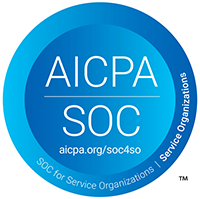Physical security encompasses all the locations where we operate. That includes business offices, data centers and even our laptops. As part of Benevity’s security programme, the following is true for each of our physical locations:
- CCTV cameras are in place and footage is stored per our security policies.
- Electronic locks with assigned key cards/fobs, which are assigned according to a strict access management procedure for granting, revoking and changing access.
- Various security zones with restricted access based on job role.
- All access (successful/failed) attempts are logged, with logs stored per our security policies.
- All visitors are registered and escorted, with registry stored per our security policies.
- A clean desk/clean whiteboard policy.
The physical security at the data center (where your data is stored and processed) goes above and beyond the above standards. Benevity uses Amazon Web Services (AWS), a leader in the cloud hosting space, and as such, controls include:
- Data center access is restricted to AWS employees and contractors.
- Data centers are controlled by professional security personnel.
- Redundant power and network services.
- Fire detection and suppression.
- Climate and temperature are strictly controlled.
- Media are handled per NIST 800-88 guidelines for sanitization.








